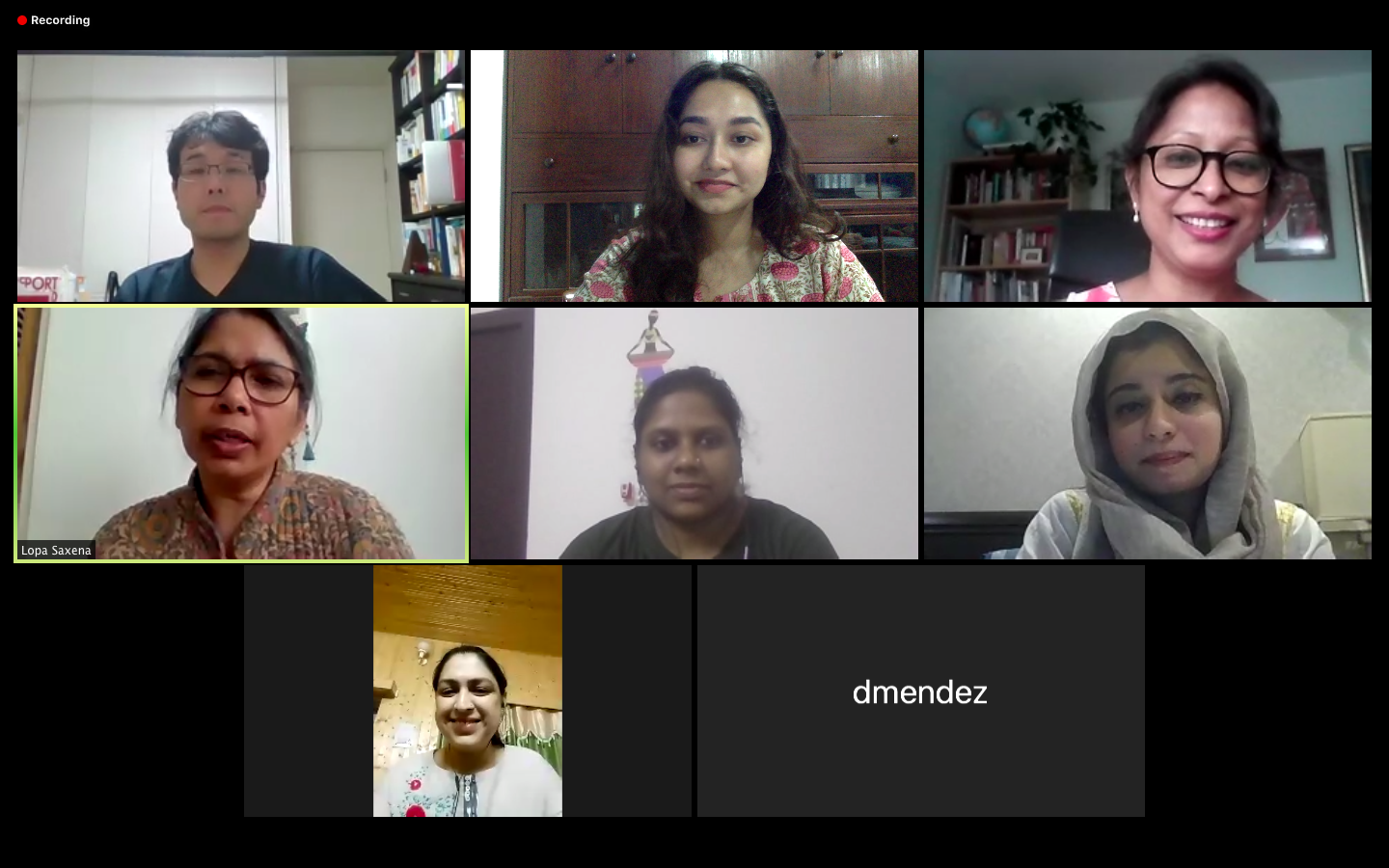April 2020 to Ongoing – Avoidable Deaths from the Effect of the COVID-19 Pandemic and Lockdown in India
The aim of this research project is to study the current number of avoidable deaths from COVID-19, and the current number of unavoidable deaths from COVID-19 in India and Odisha. The number of deaths from COVID-19 is understood through the lens of the Avoidable Deaths Framework (ADF), one that understands disaster deaths are both avoidable and unavoidable. The research questions this project seeks to answer are as follows:
The research questions are as follows:
- What has been the number of avoidable deaths from the effect of COVID-19 and lockdown in India?
- What has been the number of unavoidable deaths in India from 2007 to 2018?
- How can we analyse the number of avoidable deaths and unavoidable deaths from the effect of COVID-19 and lockdown in India?
An additional research question has been developed to understand Disaster Risk Governance in the context of COVID-19 in India:
- What has been the governance structure for managing the effects of COVID-19 and the lockdown in India?
Updates:
3 May 2024: Dr. Nibedita Ray-Bennett submitted the book proposal to Springer Nature for review. The new title is ‘Avoidable Disaster Deaths: Reimagining Sendai Target A’.
19 October 2022: Second phase of data analysis is being conducted by Future Leaders on the causes and circumstances. In total 305 articles are being coded and 30 case studies are being developed by 10 Future Leaders (Ms. Nimisha Goswami, Ms. Isha Biswas, Ms. Srashta Choudhury, Mr. Biswajit Paul, Mr. Krishna Clarke, Mr. David Cowie, Ms. Lauren Macleod, Ms. Nimra Choudhary, Ms. Kumiko Fukuromoto and Dr. Azukaego Nnaji).
April 2021 – September 2022: Data cleaning, analysis and writing up.
1 January – 31 March 2021: Accuracy check and data cleaning is ongoing. The team of accuracy checkers is led by Ms. Antara Ragini Dev Sarmah and consists of Shaiza Khawaja, Daniel Mendez, Azuka Nnaji, Rwittambhara Kashyap, Anuradha Bharadwaj, Kumiko Fukuromoto, Vincent Pieterse and Krishna Clark.
3-5 December 2020: The ADN will hold a Special Session titled “Let’s Talk About Avoidable Deaths: Views from Multiple Sectors” at the International Conference on Geographical Science for Resilient Communities, Ecosystems and Livelihoods under Global Environmental Change (GORILLA), hosted by Makerere University in Kampala. The Special Session will be held on 4 December 2020, from 11 AM to 1.30 PM GMT. GORILLA targets sharing knowledge and research on emerging science, technology, tools and innovations around resilient communities, ecosystems and livelihoods. For more information on this conference, please click here.
24 July 2020: We are pleased to announce that the School of Business Research Ethics Committee of the University of Leicester has granted ethical approval for the research projected titled “Studying Avoidable Deaths From The Impact of COVID19 and Lockdown in India and Odisha” (Ethics reference: 27314-nsrb1-ss/bu:innovation,technology&ops).
3 July 2020: Information of the Avoidable Deaths from COVID-19 project was provided to the Sendai Stakeholder Group, one of the recognised non-stake actor’s groups engaged within the stakeholder mechanism of the Agenda 2030 follow-up and review, in response to a call to share good practices in implementing the Agenda 2030, including Sendai framework. The input will be used to create an accountability report to the UN, so-called paragraph 89 report, on what the Sendai Stakeholders do in implementing the Agenda 2030.
30 June 2020: ADN’s National Report team had its third Zoom meeting to discuss the progress of the Avoidable Deaths from COVID-19 Report.

19 June 2020: An update in the form of a ‘Research Agenda-Setting Paper’ was provided to the Natural Hazards Center at the University of Colorado. To see more information about The Avoidable Deaths Network and COVID-19 Working Group, please click here.

